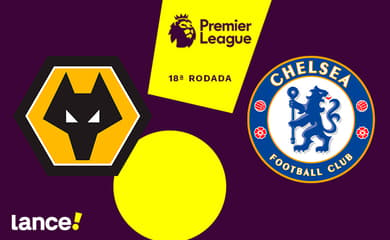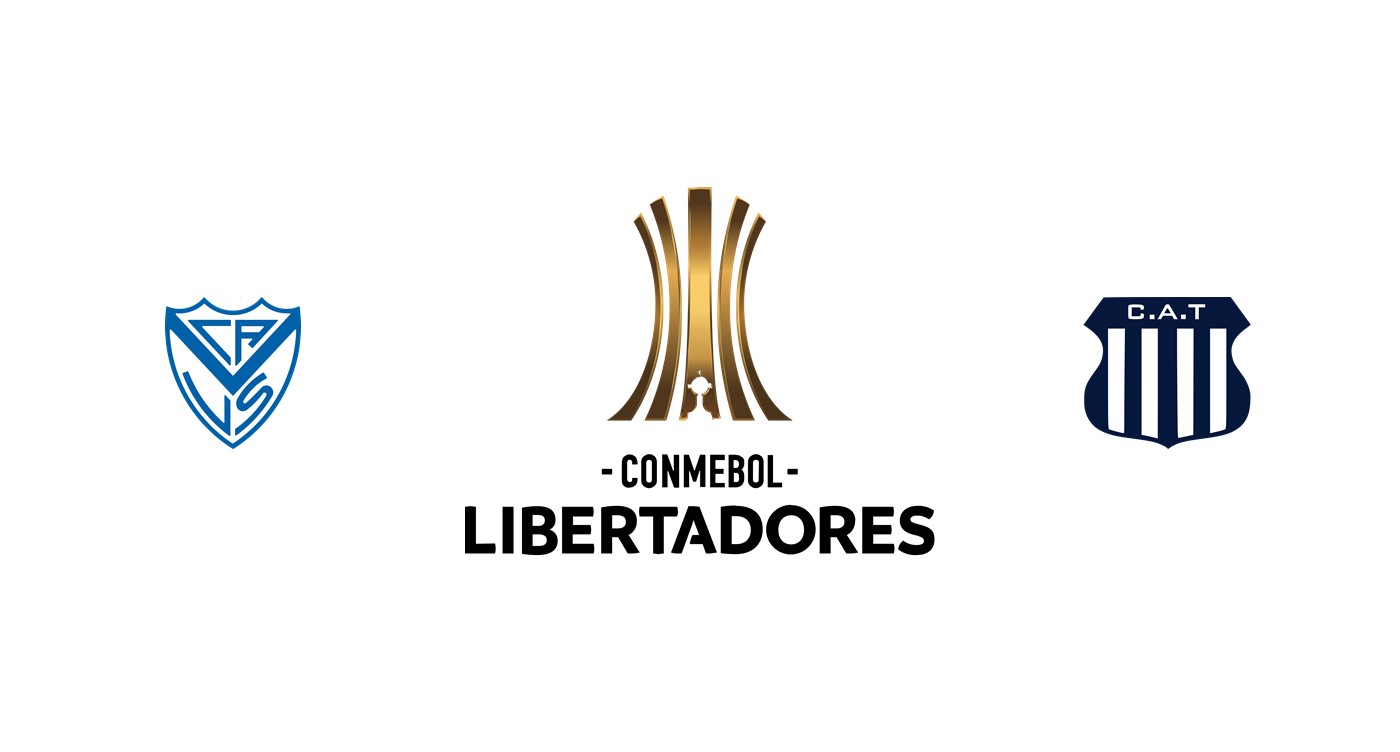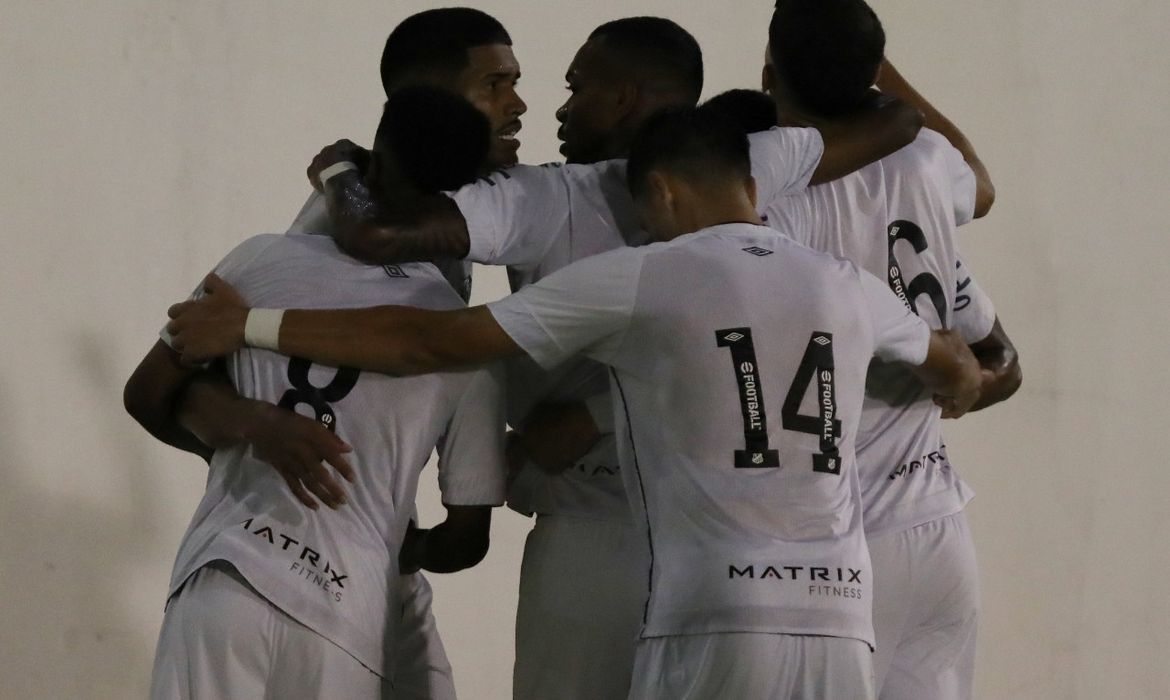La Fiorentina: A Legendary Football Club in Florence
Por um escritor misterioso
publicado em dezembro/22/2024

Explore the rich history and remarkable journey of la fiorentina , a renowned football club based in Florence, Italy.


The foundation of la fiorentina dates back to 1926 when two existing Florence-based clubs, CS Firenze and PG Libertas, merged to form a new entity. The team initially struggled to make an impact but managed to gain promotion to Serie A, the top-tier division of Italian football, in 1931. However, it was during the 1950s and 1960s that la fiorentina truly made their mark.
Led by legendary players such as Giancarlo Antognoni and Kurt Hamrin, La Viola (The Purple) achieved great success during this period. In the 1955-56 season, they secured their first major trophy by winning the Coppa Italia. This triumph was followed by their first Serie A title in the 1955-56 campaign.
Under the guidance of manager Nils Liedholm, Fiorentina reached the pinnacle of European football by reaching the final of the European Cup (now UEFA Champions League) in the 1956-57 season. Although they narrowly lost to Real Madrid in a memorable encounter, their journey had firmly established them as a force to be reckoned with.
Fiorentina continued to compete at the highest level throughout the 1960s and became synonymous with attractive and attacking football. Their style of play captivated fans around Italy and Europe alike. The club recorded their most successful season in 1968-69 when they won another Coppa Italia and reached the final of the European Cup Winners' Cup.
Unfortunately, financial difficulties led to a decline in the 1970s. The team was relegated to Serie B in 1973 and struggled to regain their former glory. However, they managed to bounce back and returned to Serie A in 1980 with a new generation of talented players like Roberto Baggio and Giancarlo Antognoni.
The 1990s brought a period of stability for Fiorentina, with several top-four finishes in Serie A and European campaigns. This era marked another golden age for the club, with Gabriel Batistuta emerging as the team's main star. Batistuta's incredible goal-scoring prowess earned him legendary status among La Viola faithful.
In recent years, Fiorentina has experienced ups and downs on and off the pitch. They have secured occasional European qualifications but also had to battle against relegation threats. Nevertheless, their passionate fan base remains unwavering in their support.
la fiorentina plays its home matches at the Stadio Artemio Franchi, an iconic stadium located in the heart of Florence. The stadium has witnessed countless memorable moments throughout the club's history and continues to serve as a symbol of pride for both the team and its supporters.
As one of Italy's most storied football clubs, la fiorentina holds a special place in the hearts of Florentines. The team's rich history, iconic players, and memorable achievements have contributed to its enduring legacy. Despite facing various challenges over the years, La Viola remains a respected name within Italian football.





Vélez vs Talleres Previa, Predicciones y Pronóstico

El desquite de Enner: ganó Fenerbahce - Olé
la fiorentina, officially known as ACF Fiorentina or simply Fiorentina, is a professional football club based in Florence, Tuscany, Italy. Established in 1926, the club has a rich history and has become one of the most iconic and beloved teams in Italian football.The foundation of la fiorentina dates back to 1926 when two existing Florence-based clubs, CS Firenze and PG Libertas, merged to form a new entity. The team initially struggled to make an impact but managed to gain promotion to Serie A, the top-tier division of Italian football, in 1931. However, it was during the 1950s and 1960s that la fiorentina truly made their mark.
Led by legendary players such as Giancarlo Antognoni and Kurt Hamrin, La Viola (The Purple) achieved great success during this period. In the 1955-56 season, they secured their first major trophy by winning the Coppa Italia. This triumph was followed by their first Serie A title in the 1955-56 campaign.
Under the guidance of manager Nils Liedholm, Fiorentina reached the pinnacle of European football by reaching the final of the European Cup (now UEFA Champions League) in the 1956-57 season. Although they narrowly lost to Real Madrid in a memorable encounter, their journey had firmly established them as a force to be reckoned with.
Fiorentina continued to compete at the highest level throughout the 1960s and became synonymous with attractive and attacking football. Their style of play captivated fans around Italy and Europe alike. The club recorded their most successful season in 1968-69 when they won another Coppa Italia and reached the final of the European Cup Winners' Cup.
Unfortunately, financial difficulties led to a decline in the 1970s. The team was relegated to Serie B in 1973 and struggled to regain their former glory. However, they managed to bounce back and returned to Serie A in 1980 with a new generation of talented players like Roberto Baggio and Giancarlo Antognoni.
The 1990s brought a period of stability for Fiorentina, with several top-four finishes in Serie A and European campaigns. This era marked another golden age for the club, with Gabriel Batistuta emerging as the team's main star. Batistuta's incredible goal-scoring prowess earned him legendary status among La Viola faithful.
In recent years, Fiorentina has experienced ups and downs on and off the pitch. They have secured occasional European qualifications but also had to battle against relegation threats. Nevertheless, their passionate fan base remains unwavering in their support.
la fiorentina plays its home matches at the Stadio Artemio Franchi, an iconic stadium located in the heart of Florence. The stadium has witnessed countless memorable moments throughout the club's history and continues to serve as a symbol of pride for both the team and its supporters.
As one of Italy's most storied football clubs, la fiorentina holds a special place in the hearts of Florentines. The team's rich history, iconic players, and memorable achievements have contributed to its enduring legacy. Despite facing various challenges over the years, La Viola remains a respected name within Italian football.

Grêmio x Santos: vidente aponta o resultado do jogo, jogo dos santos

Copinha: Santos e América-MG vencem e passam às quartas de final
Adana Demirspor U19 - Fenerbahçe U19 canlı skor, H2H ve kadrolar
